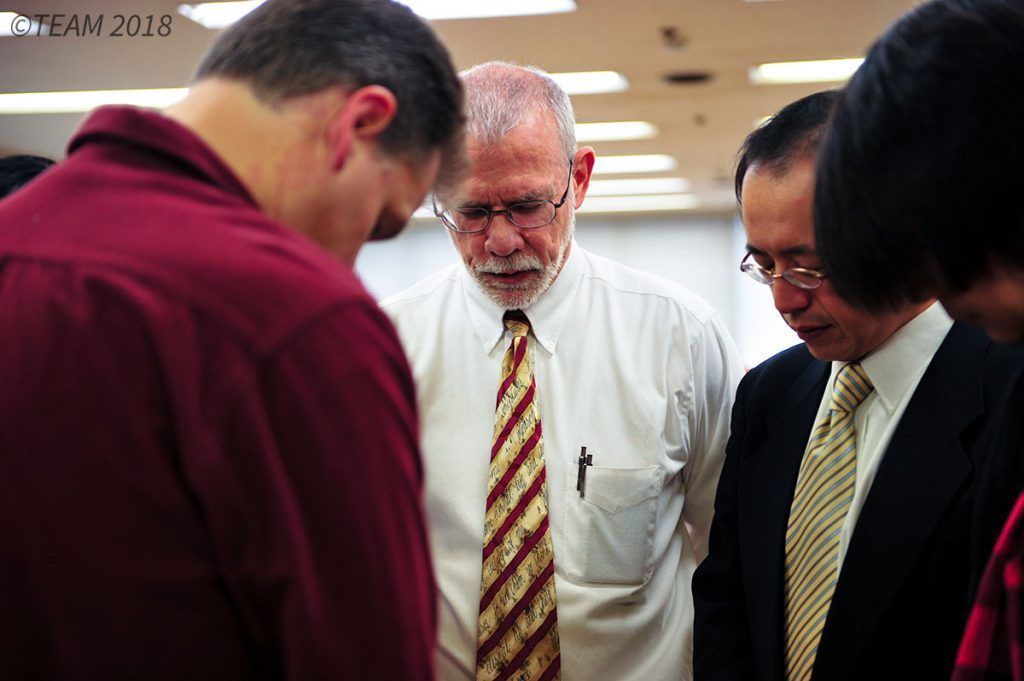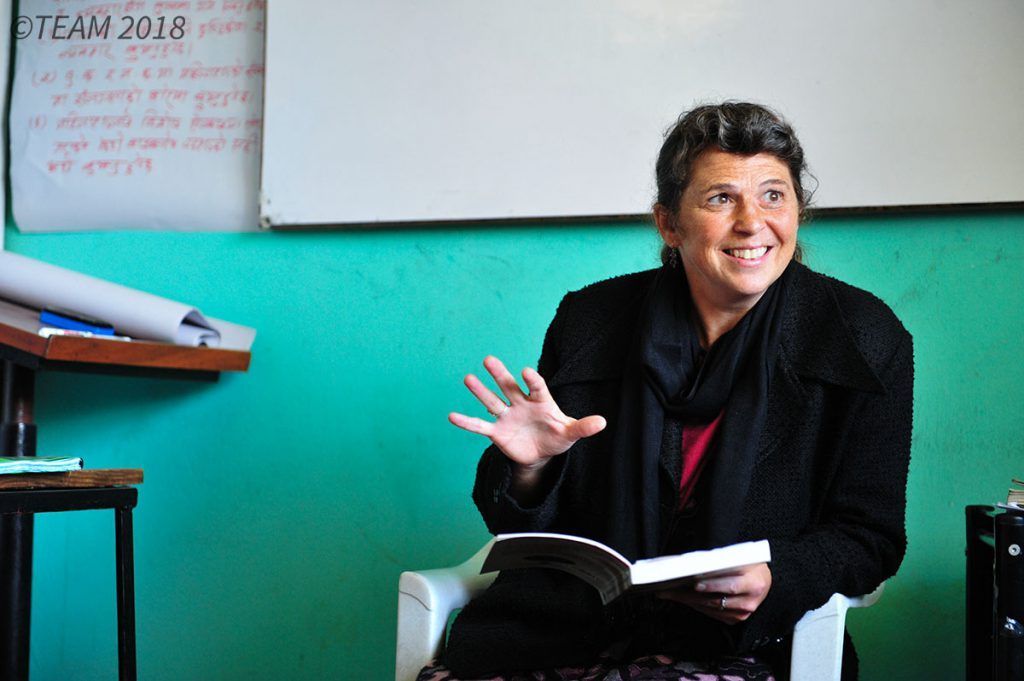By Megan Lunsford
•
23 Apr, 2024
When seeking to serve cross-culturally with an authentic love for others, there’s no better example for us than Jesus. If we sat around a table and threw out the question, “How do we love like Jesus?” I think we would have several commonalities as we respond. For example, Jesus loved all people right where they were. He loved those who were deemed the least, those hardest to love, or those who were His enemies. These are all beautiful realities of the heart of Jesus. When we step into relationships, it can be easier to take on the warmer, more gracious gestures of Jesus’ love, especially in cross-cultural relationships. Think about it––when doing life with those who look and act differently than us, we are already out of our comfort zones and would rather keep things as simple and familiar as possible. But there are other facets of Jesus’ heart we often overlook that can transform us and others even more into His likeness. Jesus is love because God is love. Everything Jesus did was out of love; it’s the mere definition of who He is. As followers of Jesus, He calls us to the same: “Beloved, let us love one another, for love is from God, and whoever loves has been born of God and knows God. Anyone who does not love does not know God, because God is love. In this the love of God was made manifest among us, that God sent his only Son into the world, so that we might live through him. In this is love, not that we have loved God but that he loved us and sent his Son to be the propitiation for our sins. Beloved, if God so loved us, we also ought to love one another. No one has ever seen God; if we love one another, God abides in us and his love is perfected in us.” (1 John:7-12) Every display of love we offer to others is an opportunity for them to encounter the ultimate love of the Father. That’s a pretty big deal! In this article, we’ll look at three expressions of Jesus’ love that we tend to overlook when engaging others cross-culturally. (Next month, we’ll look at three more.) 1. Jesus loved sacrificially. Everywhere Jesus went, crowds followed Him. We even see times in Scripture where Jesus had plans to step away for time alone but those who were hurting found Him and He had compassion on them and stayed with them. Can you imagine rarely having any time to yourself but, instead, constantly being surrounded by crowds of people wanting help from you? Jesus loved sacrificially. He welcomed all who came to Him with love and compassion, never turning anyone away. “When He saw the crowds, He was moved with compassion for them, because they were harassed and helpless, like sheep without a shepherd.” (Matthew 9:36) In the same way, we can make room in our lives for Jesus to bring sacrificial interruptions which, in His eyes, are orchestrated encounters to transfer His love to others. It can be tempting to be so “on mission” that we are full steam ahead and find ourselves frustrated when the Holy Spirit sends an interruption into our path that we feel we don’t have time for. Or, perhaps, we have scheduled a meet-up but it’s the norm in another culture to be 30 minutes or an hour late. We anxiously think through how it will affect whatever we have planned next. While it’s normal to feel a little stressed, what if the very "interruption” standing in front of you was really a divine appointment sent by God? Or what if that person running late experiences how peaceful and gracious you are in adapting to their culture and therefore, they can encounter a beautiful display of Jesus’ love? To truly represent Christ, we should remain ready and willing for each assignment the Lord sends into our path, no matter the cost or how much we will have to re-route our day. He is always a hundred steps ahead and will work all things for His glory and our good. 2. Jesus loved by discerning each situation well. Think about how many situations Jesus had to respond to on a daily basis. We read in Scripture that there were lines of people waiting to be healed by Him, talk to Him, hear His teachings, or simply touch the hem of His robe. Jesus was fully dependent on His Father to discern each situation before addressing it. “Most assuredly, I say to you, the Son can do nothing of Himself, but what He sees the Father do; for whatever He does, the Son also does in like manner.” (John 5:19) Another temptation we can have when in a relationship with those God has sent us to is to think we already know the solution or what God wants to do before we’ve even asked Him. We believe we are full of knowledge, so we just pull from the bank we have stored within and go with it. However, when we access what is familiar to us as our default, we risk missing out on a God-given solution that might truly be the key to unlocking whatever challenge is in front of us. What does this look like when interacting with others? We can simply ask, “God, what is on Your heart for the person standing in front of me?” Then we listen and respond as He speaks. When we make it a daily habit to pause and hear God’s heart for each situation before responding, we are guaranteed to be effective in loving those around us. He knows the heart of every person that will cross our paths. Imagine how impactful we can be if we first lean on His wisdom and discernment before moving forward. 3. Jesus loved by speaking truth. Most of us are familiar with the story of Jesus and the Samaritan woman at the well. If we are honest, this conversation makes us a bit nervous as none of us would be comfortable with Jesus calling out intimate details of our lives that we would prefer to hide. But Jesus went further than just airing her dirty laundry. He offered her the hope of the Gospel and a relationship with Him - a divine fulfillment that could never be found in an earthly relationship. Jesus modeled a powerful example of loving others well cross-culturally. He took the low place and spoke truth, truly out of love––speaking to her heart from His. Like Jesus, our goal in sharing the truths about Him and His Word is to bring hope and satisfaction through Him alone. When we speak truth from Scripture, we are calling others higher into all God has for them. The tricky part here is we should avoid speaking truth if it isn’t first fueled by compassion. If it merely comes from a place of judgment, condemnation, or self-righteousness, it will fall flat 100% of the time. But if it truly comes from love, you are likely to not only win a heart back to the Father but, like the story of the Samaritan woman, even an entire village! If you see someone living outside of God’s best for their lives, ask God to show you your heart before engaging theirs. Once your heart is properly postured, you can speak truth out of an overflow of God’s love and trust Him for a transformation in their lives.























